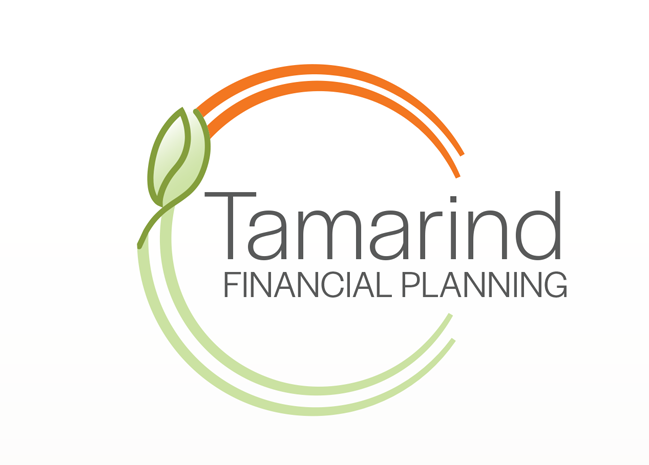For many of us, managing money and building financial security is a nagging concern. We know we should be making progress, but nothing changes. What keeps us from experiencing the financial life we desire? What keeps us from using money as a tool for achieving our goals rather than undermining our own success and quality of life? In a nutshell, the two main obstacles to experiencing financial freedom are (1) listening to the wrong money messages and (2) lacking financial knowledge.
Money Messages
Attitudes and beliefs about money have their roots in value-laden messages we have picked up along life’s journey. These money messages are not only clothed in the words of others, but in their behaviors as well.
A review of our own financial history will give us tremendous insight into the money messages that consciously and subconsciously influence how we feel about and manage our personal finances. These revelations are not intended to give us the opportunity to place blame, but rather to help us recognize obstacles to achieving our own financial freedom. Remember, awareness is the first step to positive change.
Ellen Peterson, author of Choosing Joy, Creating Abundance, observes that when you project negative thoughts and feelings onto money, you give it too much power over your life. She recommends building emotional awareness in regard to money and the situations and circumstances that generate inner conflict, fear, envy, embarrassment, or shame. Consciously, and over time, you can replace these feelings with attitudes about money “that add color and vibrancy to your life.”
Peterson also believes it is important to recognize that you have a relationship with money just like you do with the people in your life. Instead of stress and conflicting emotions, she recommends developing a healthy relationship with money in which you appreciate it without worshipping it.
Financial Knowledge
Most of us would agree with the old saying, “knowledge is power.” Financial knowledge not only gives us the facts and the framework we need for making sound financial decisions, it also counteracts the money messages that sabotage our financial success.
Because money management skills are rarely taught at school or at home, the responsibility is ours to seek out financial education opportunities. We can look for classes offered by local organizations or community colleges near where we live or work. In addition, we can ask a trusted financial advisor for recommendations of books, videos, and web sites that will guide us on our journey to financial well-being.
However, in addition to increasing our financial knowledge, we must also evaluate our “financial mindset.” In The Soul of Money, author Lynne Twist explains that it is essential to become aware of the thinking habits we have regarding our financial lives:
If your attention is on the problems and breakdowns with money, or scarcity thinking that says there isn’t enough, more is better, or that’s just the way it is, then that is where your consciousness resides.
If the negative aspects of your financial lives remain our focus, the result will be that no amount of money will ever be enough to buy the peace and happiness we desire. The antidote, Twist writes, is “appreciation”—the conscious thought and intention required to develop mastery in the area of personal finance and to transform our feelings regarding our relationships with money: “In the light of appreciation, our prosperity grows.”
The Ying & Yang Approach to Financial Freedom
In Your Total Wealth, The Heart and Soul of Financial Literacy, authors Lyle Sussman, Ph.D. and David Dubofsky, Ph.D. challenge us to reflect on the role and purpose of money in our lives:
Do we need money to survive? Of course, we do. Will financial literacy—understanding the essence of financial management—increase our ability to cope in an increasingly complex world? Yes, it will. But is money all we need to feel fulfilled? Is it sufficient to meet our emotional and psychological needs? That question is answered in the proverb, “Money can’t buy happiness.”
The authors go on to explain that achieving financial wealth and personal fulfillment are not mutually exclusive. A person does not have to give up one element in order to experience the other. Instead, they recommend pursuing a ying-yang approach to a achieving total wealth—“that glorious fusion is not only possible, but required for defining the full richness of your life and for achieving your full potential.” They explain that this is “a powerful lens for viewing and reconciling the duality of acquiring financial wealth while seeking personal growth and fulfillment.”
Reprinted by permission of Money Quotient, Inc.

